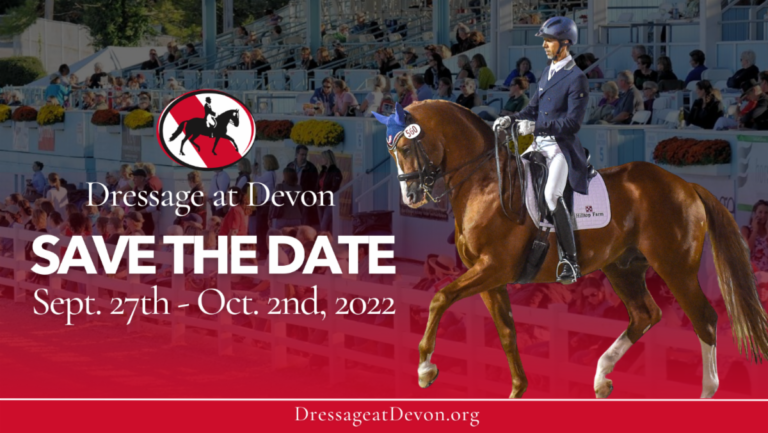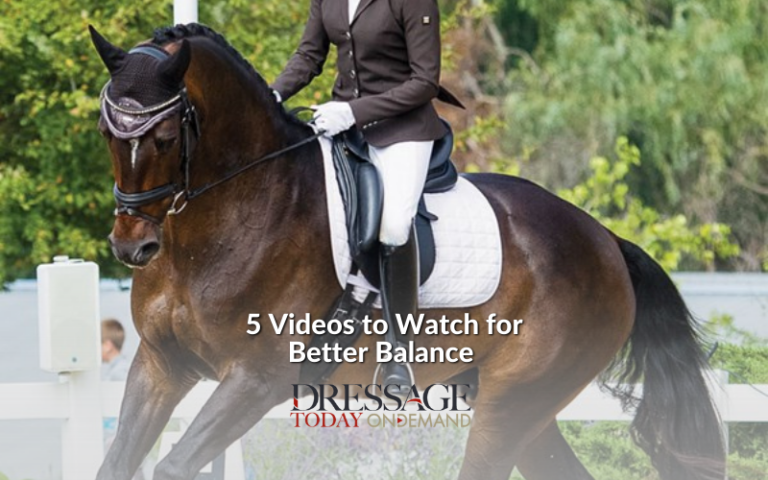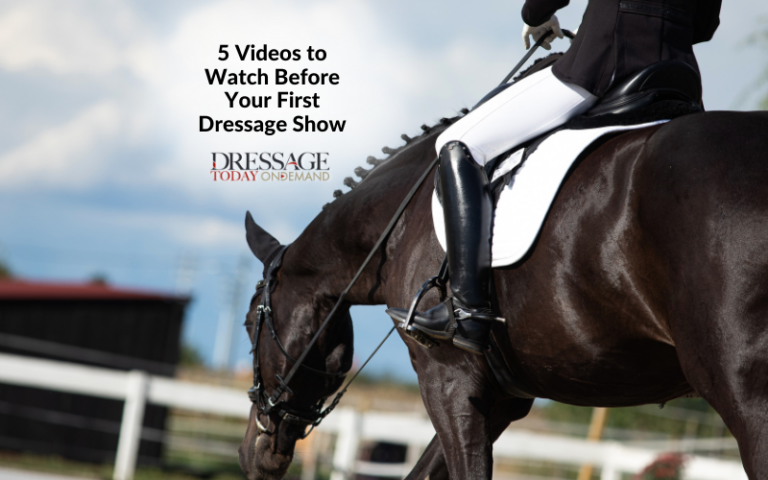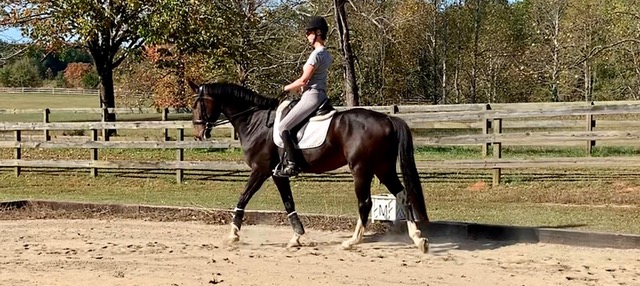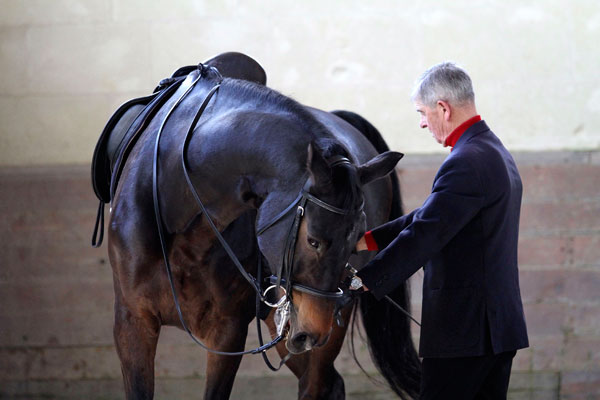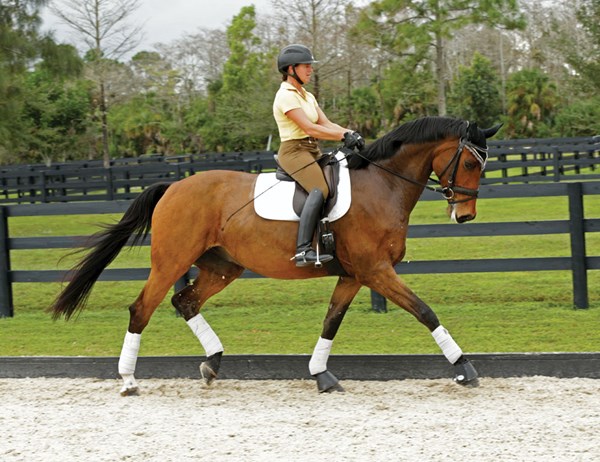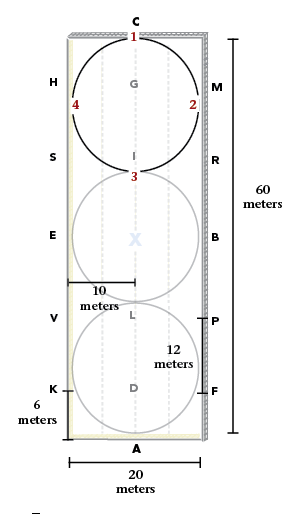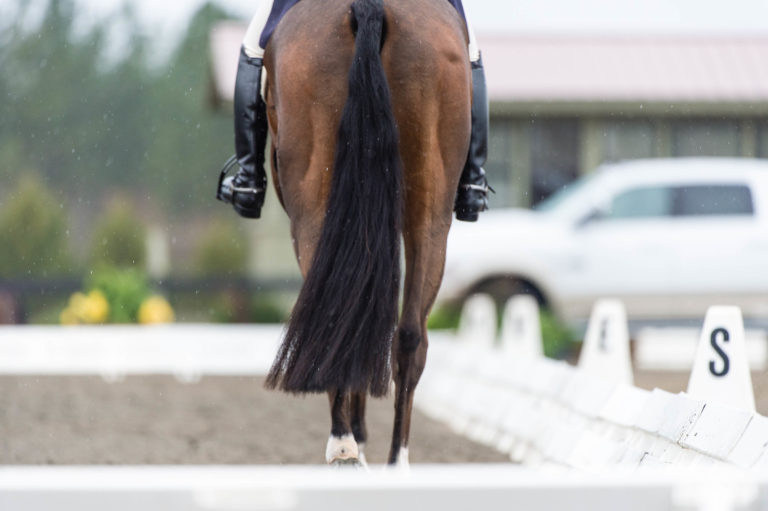As a dressage trainer, I am always giving my opinion on dressage related issues. People are always asking for my opinion and many of my business relationship require that I have an answer.
That is why I really listened in Session A when Sandy Howard outlined the role of the judge. No matter what you know about a horse/rider coming into the ring, you cannot let it affect your scores. While it is your job to alert the appropriate people when a horse is being abused in the warm-up ring, that is where your business in that arena ends. You must always remember that when you are a judge, you are not a trainer. You can point out what is lacking in your test comments, but you cannot suggest a training technique to get there or assume something was done incorrectly to result in what you are seeing.
How interesting that the complimentary roles of judge and trainer can also be such a dichotomy.
Take for example, the case of the “Blue Tongue” at the World Cup. One of my blog readers came up to me at the barn and asked me if I was going to post something about it on my blog. Although I have quite an opinion on the whole thing (as a trainer, rider, competitor and horse owner), I could not think of how to write a post about it from an “L” perspective.
Then, I realized that the very issue I was having was the heart of this whole post – what aspects of this Blue Tongue issue are fair game for a judge to comment on, as a judge in general and as a judge at that event? I have ideas, but welcome your input and look forward to forming a more concrete opinion as I go through the “L” Program and then after that.
In the meantime, I will enjoy my remaining days as a “non-judge” by giving my opinion on any and everything, to anyone who wants to hear it 🙂


